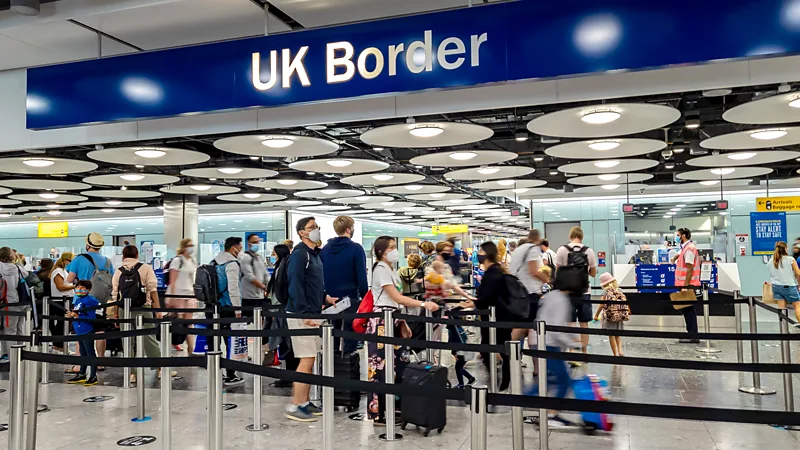Saudi Arabia to allow alcohol in tourist zones by 2026

Saudi Arabia will allow alcohol to be sold and consumed in hundreds of tourist spots by 2026.
This is a major policy shift aimed at boosting its appeal to international visitors.
The change will apply to about 600 locations, including five-star hotels, luxury resorts, and international tourist villages.
Wine and beer will be available under strict conditions, but spirits will remain banned.
Alcohol will only be served and consumed at approved venues, with no takeaway or retail sales allowed.
This move is part of the Kingdom’s broader Vision 2030 plan, which aims to cut its reliance on oil by expanding other sectors like tourism and entertainment.
By relaxing alcohol laws in controlled settings, Saudi Arabia hopes to attract more global travellers, especially those used to destinations like the United Arab Emirates or Bahrain, where alcohol is part of the hospitality scene.
Officials say the decision is carefully designed to support economic growth while respecting Islamic values.
Public areas, private homes, and local shops will continue to follow existing rules that ban alcohol completely.
The timing of the plan is seen by many as connected to the upcoming 2034 FIFA World Cup, which Saudi Arabia will host.
Tourism authorities expect millions of international visitors and want to offer experiences similar to those found in other global destinations.
The Kingdom has been gradually easing some social rules to support tourism.
It has already introduced new visa policies, opened up ancient heritage sites, and hosted music and cultural festivals.
In 2023, a swimsuit fashion show held at a hotel caused a stir and showed how far the country is moving to attract a wider audience.
Talks are already underway with international hotel groups and tour operators to prepare for the 2026 rollout.
Source: globalsouthworld.com






















































:max_bytes(150000):strip_icc():format(webp)/gettyimages-151810775_0-2000-1eff6cf4636348c882d3aaadf31e0942.jpg)
:max_bytes(150000):strip_icc():format(webp)/gettyimages-465894750-2000-c527f479fa5c488c91e71241f03a5ce5.jpg)

:max_bytes(150000):strip_icc():format(webp)/depressionsymptoms-GettyImages-1171714091-29b71b8fc09041b5be23db8c0462f56f.jpg)